KL NEWS NETWORK
SRINAGAR
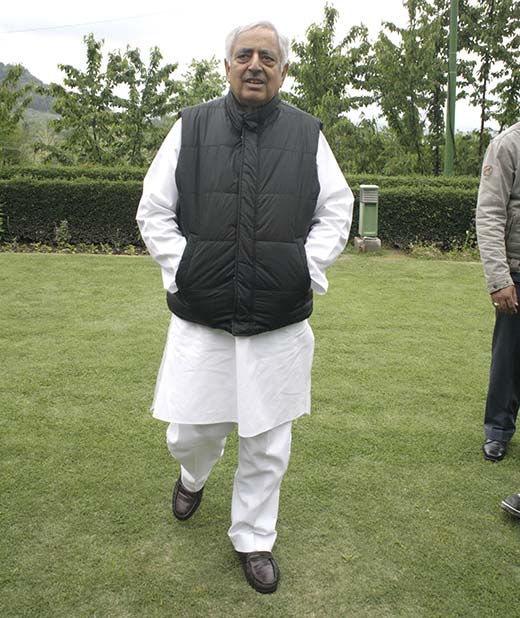
Mufti Mohammad Sayeed, late CM of Jammu and Kashmir, who died early Thursday morning at AIIMS in New Delhi, missed his eightieth birthday by five days. He was 79.
Mufti was born in family of religious clerics at Baba Mohalla in South Kashmir’s Bijbehara town on January 12, 1936. He completed his graduation from S P College Srinagar before obtaining a law degree and then Post Graduation in Arab History from Aligarh Muslim University.
Mufti was sworn-in as Chief Minister of J&K for second time on March Ist 2015 when his party, PDP, formed coalition government with the BJP.
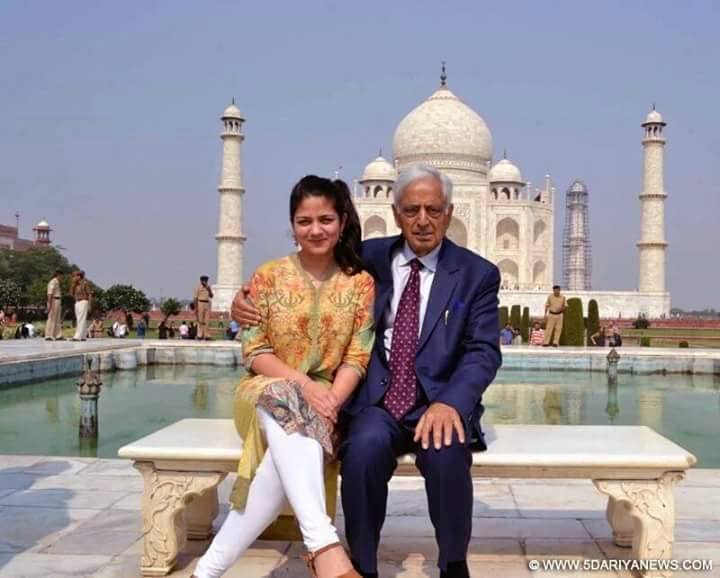
Father of four, Mufti’s, affiliation to pro-India politics is as old as Kashmir’s accession to India itself. Less known to people, Mufti has been a practicing lawyer as well.
Sayeed is survived by his wife Gulshan Ara and daughters Mehbooba Mufti, Mehmooda Sayeed, Rubaiyya Sayeed and son, Mufti Tasaduq Sayeed.
He was the 12th chief minister of the state and will be succeeded by his daughter Mehbooba Mufti Sayeed, who will be the first female chief minister of the state.
In July 1999, Sayeed found the Jammu and Kashmir People’s Democratic Party (PDP). The party was founded with the aim to persuade the government of India to initiate an unconditional dialogue with Kashmiris for the resolution of the Kashmir problem.
Sayeed soon emerged as a popular politician, despite the long history of conflict in the state. He has served as the chief minister of the state twice- first from November 2, 2002, to November 2, 2005 and second time from March 1, 2015 to today. He became known for his astute political sense, honed by decade of being in Kashmir politics.
The PDP’s rise brought about the downfall of Jammu and Kashmir’s oldest and once most popular party National Conference (NC), which was founded by Sheikh Abdullah. Interestingly, Sayeed had started his political career with the National Conference Party in 1950.
Sayeed was a member of Congress, for almost four decades, until he parted ways with it to join Jan Morcha led by former Prime Minister VP Singh. When Singh became the PM, Mufti won Lok Sabha elections from Muzaffarnagar in Uttar Pradesh. He became the first Muslim Home Minister of India in 1989.
Sayeed had survived a lot of attacks by militants on him throughout his political career. In 1989, his third daughter Rubaiyya was kidnapped by the militants and was released five days later, in exchange for the release of five militants.
As the Union Home Minister, Sayeed conceptualised and brought into effect the infamous and draconian Armed Forces Special Powers Act (AFSPA). In 1990, it was introduced only for the state of Jammu and Kashmir, but was later extended to several other states in the North-East India too.
Sayeed came to power as chief minister in Jammu and Kashmir, after PDP won 18 seats in state Assembly elections in 2002. He formed an alliance with the Congress.
As CM, Sayeed is credited with “the peace process” developments, by bringing in the then PM Atal Bihari Vajpayee to address a rally in Srinagar. This lead to many peace efforts like ceasefire along the border, engagement of separatist leaders with the government of India, release of several political prisoners etc.



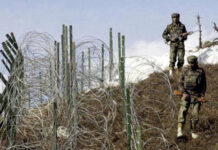
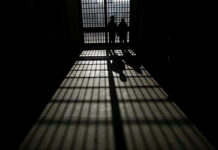


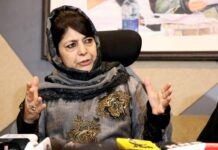

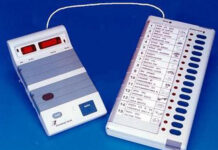
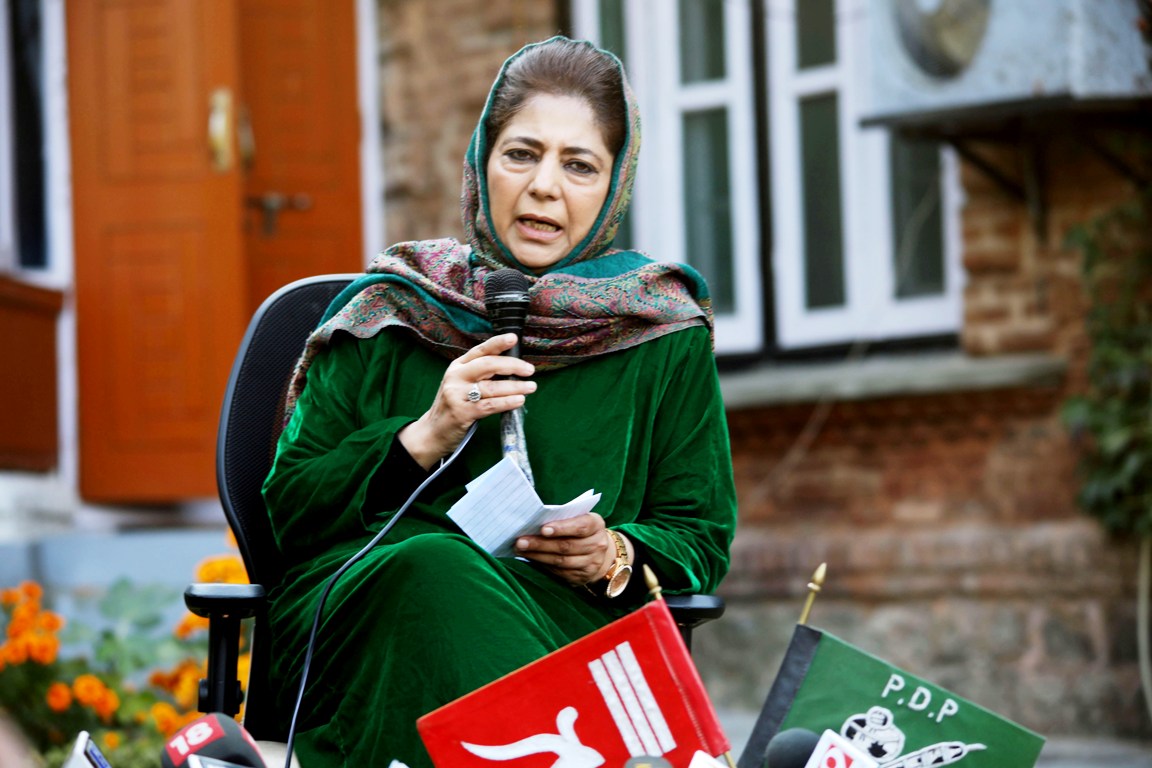





Information on AFSPA is misleding. The Act was first imposed in Assam and the hill districts of Manipur in 1958, later the military act has been extended to other parts of India including Punjap and J&K in 1990.